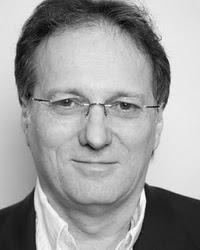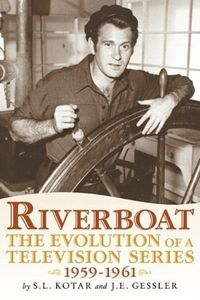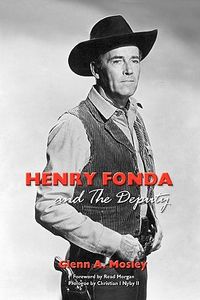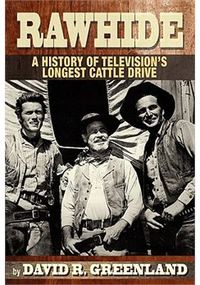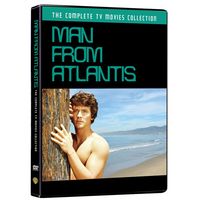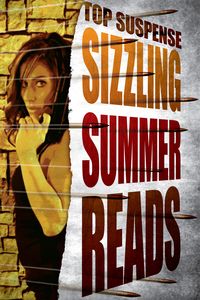Adapting a screenplay into a novel isn't easy. Author Jonathan Maberry, who has done it a few times himself, interviews the nominees for the Scribe Award for best adapted novel on his blog. Here's an excerpt:
BIG SCARY BLOG: What drew you to writing media tie-in books?
GREG COX: My not-so-guilty secret is that I would be watching these shows and movies, and reading the comics, even if it wasn’t my job. I grew up on sci-fi movies and comic books and such, and I still get a thrill out actually getting to write some of my favorite characters and series.
ROBERT VARDEMAN: I’ve done game tie-in novels in the Star Trek (TOS) universe and for such diverse games as Magic: The Gathering, MechWarrior:Dark Age and most recently, Pathfinder (a short story titled “Plow and Sword” is due to be posted on that website any time now). The pleasure of playing in someone else’s sandbox, maybe picking up a toy or two and examining it, then imagining something even more than already exists, is a wonderful challenge. As an author I have to play fair with the established material but find new ways to “make it my own” expanding what is there into a complete tapestry of a story. The challenge possibly generates the same feeling as a race driver surging around the course at high speeds. Adrenaline pumps, ideas flows and the actual writing is often done at close to the speed of that race driver–but without the catastrophic result if there’s a crash. Hopefully the checkered flag drops for both race and novel.
JONATHAN MABERRY: I got a call out of the blue. I was at home one Saturday night watching a monster flick (the outstanding Neil Marshall werewolf film, DOG SOLDIERS) when I get a call from a woman who says she’s a vice president with Universal, asking if I’d be interested in novelizing the remake of THE WOLFMAN. I had no idea I was on anyone’s radar for this and for a few seconds I thought I was being punked. When I realized that this was serious, I got very excited. I’ve always loved media tie-in novels. I had a shelf-full of them as a teenager –Murray Leinster (TIME TUNNEL, LAND OF THE GIANTS), Michael Avallone (THE MAN FROM .U.N.C.L.E., BENEATH THE PLANET OF THE APES) and others, and kept reading novelizations and books expanded-universe stuff. Among my favorites are the Buffy and Angel novels by Christopher Golden, Nancy Holder and John Passarella.
Since I did WOLFMAN, I’ve played with other tie-in stuff. I did a GI Joe novella (‘Flint and Steel’) for a collection called GI JOE: TALES FROM THE COBRA WARS edited by Max Brooks. And I do a lot of comic book work with Marvel, which involves writing characters and stories set in a well-established world not of my making. It’s all great fun.
